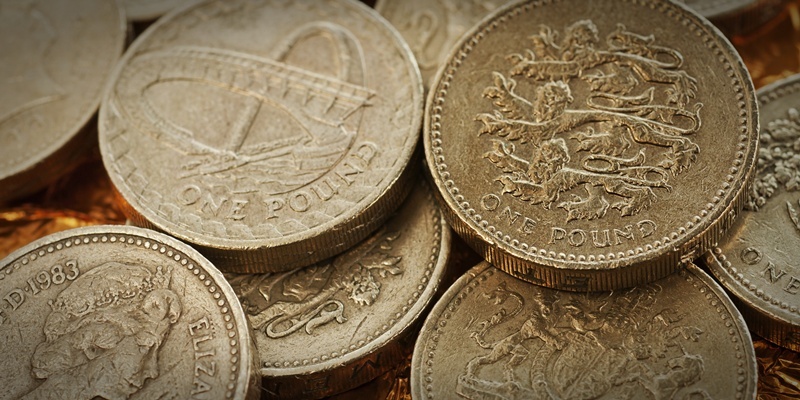Alex Salmond’s vision for independence has been dealt a major blow after the UK Chancellor hinted Scotland would have to ditch the pound.
George Osborne said the issue still had to be ”fleshed out” but refused to confirm Scotland could keep sterling as its currency if it split from the United Kingdom.
The First Minister wants Scotland to initially keep the pound in the event of achieving his ultimate goal of separation. The policy is thought to be crucial in attracting support for the independence cause as the alternative would be to join the euro or launch a new, uniquely Scottish, currency.
The euro has suffered major instability in recent months due to the Eurozone crisis and the prospect of adopting it as a currency would be deeply unpopular across Scotland.
In a television interview on Thursday evening, Mr Osborne twice refused to confirm the nationalists’ policy of keeping the pound would be allowed. Instead he claimed Mr Salmond would take Scotland into the euro.
”Alex Salmond has said Scotland should join the euro that means giving up the pound, joining the euro, and that is not the currency I’d be wanting to join at a time like this,” he said.
Mr Osborne’s explosive intervention raised the stakes in the continuing debate over the planned referendum on Scottish independence. The issue has dominated politics on both sides of the border this week, with London and Edinburgh at loggerheads over the constitutional question.
It is believed Mr Osborne has been forming coalition strategy in the fight for the union. And he warned Scotland would be less prosperous if it was not part of the UK.
”I think if you look at the scale of the national debt for example that Scotland would have to take if it became independent, if you look at the fact it has an important banking industry as we know and you ask yourself ‘would Scotland alone have been able to bail out the Royal Bank of Scotland or Halifax Bank of Scotland?’ you ask these questions and you begin to see actually Scotland is better off in terms of jobs and prosperity being part of the UK. And, by the way, the rest of the UK is better off with Scotland as well.”
He added: “The SNP is going to have to explain what its plans are for the currency of Scotland, what its plans are for the defence of Scotland when it doesn’t have the protection of the UK, what its plans are for the Scottish economy when it’s not part of a larger economy. These are things the SNP has to explain to the Scottish people.”
But a spokesman for Scottish Finance Secretary John Swinney claimed Mr Osborne’s comments would increase support for independence.
”The more a Tory Chancellor tries to lay down the law to Scotland, the stronger support for independence will become,” he said. ”George Osborne said nothing at all, and the currency position is crystal clear an independent Scotland will retain sterling, and there is absolutely no provision requiring Scotland to join the euro.”
He continued: ”The issue of the euro would be decided by a referendum of the people of Scotland, and only when the economic circumstances were right until such a point, an independent Scotland will retain sterling as at present.
”When all of Scotland’s resources are included in our nation’s economic output, an independent Scotland would be ranked sixth in the world league table of OECD nations in terms of gross domestic product per head 10 places ahead of the UK at 16.”
Photo by Bayne Stanley/PA
